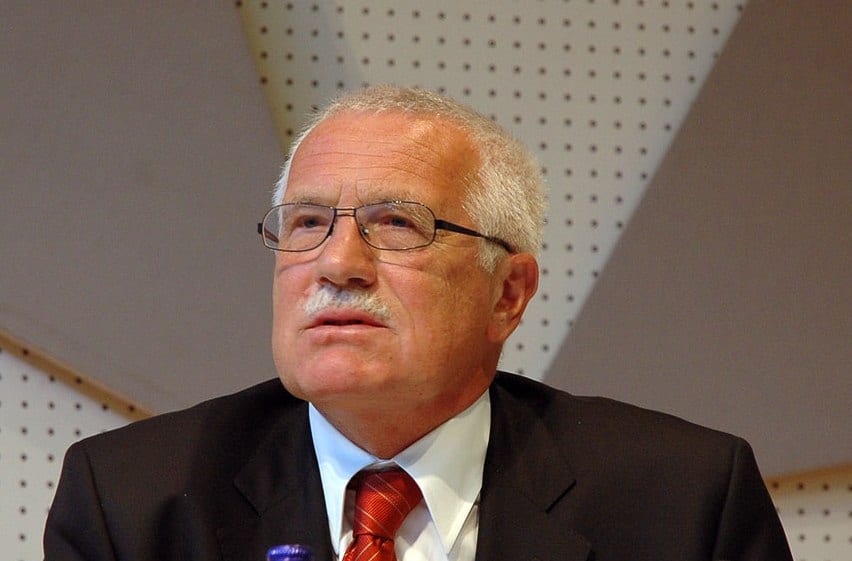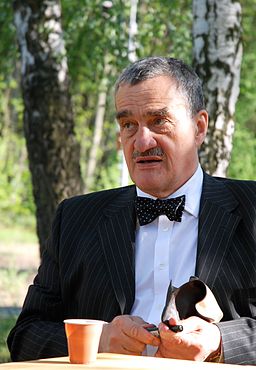History is too important to be left to politicians
By Sean L Hanley, on 10 July 2013
Czech debates about the forced removal of the Sudeten Germans exercise a powerful fascination, but they are refracted unevenly in historical writing in English writes guest contributor Martin D. Brown.
Seasoned Czech Republic-watchers will be well aware of the paucity of coverage provided by English language sources. With some exceptions, on the sporadic occasions when the country does make an appearance it tends to be in stories about political corruption, natural disasters, or the Czechs’ fondness for beer.
This is nothing new – see Neville Chamberlain’s comments, circa 1938 – and the obvious solution is to read Czech, although, even this approach is not always straightforward, as was revealed by a dispute that arose during the Czech Presidential elections in early 2013.
The elections, a contest between foreign minister Karel Schwarzenberg and former prime minister Miloš Zeman (who won), proved ill-tempered, and included a heated televised dispute over the legacy of the forced removal of around two and half million Sudeten Germans from Czechoslovakia after 1945. Intriguingly this just happens to be one subject that has garnered a fair amount of English language coverage in recent decades.
Superficially this was a clash between opposing sides of the Czech political spectrum: Schwarzenberg, on the centre-right decried the ‘expulsions’ as illegal, unjust, against all the accepted norms of international law and argued they had contributed to the success of the communist coup in 1948; while to the left, Zeman defended the ‘transfers’ as a necessary response to the Sudetens’ collaboration with the Nazis, legal under international law and part of the constitutional foundations of the modern Czech state. Particularly noteworthy was the way both candidates expressed their respective positions through the terms ‘expulsion’ (vyhnání) and ‘transfer’ (odsun) to denote their approval or disapproval for the process.
Anyone following this spat would have been left with little idea which position was the more accurate, and turning to Czech sources wouldn’t have offered any immediate answers. (more…)
 Close
Close





